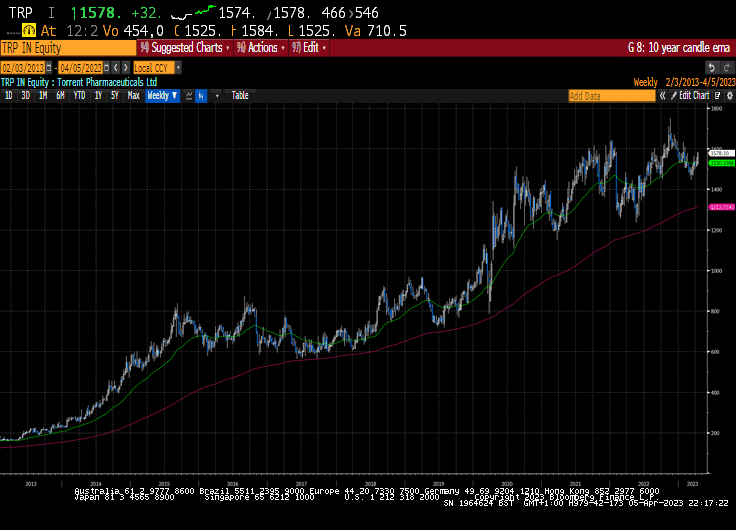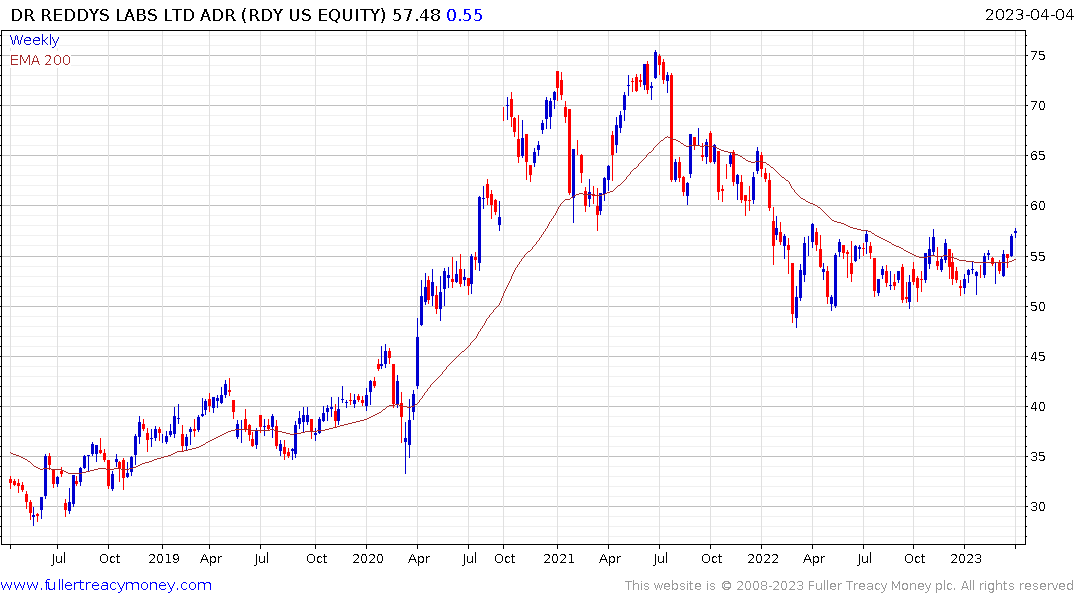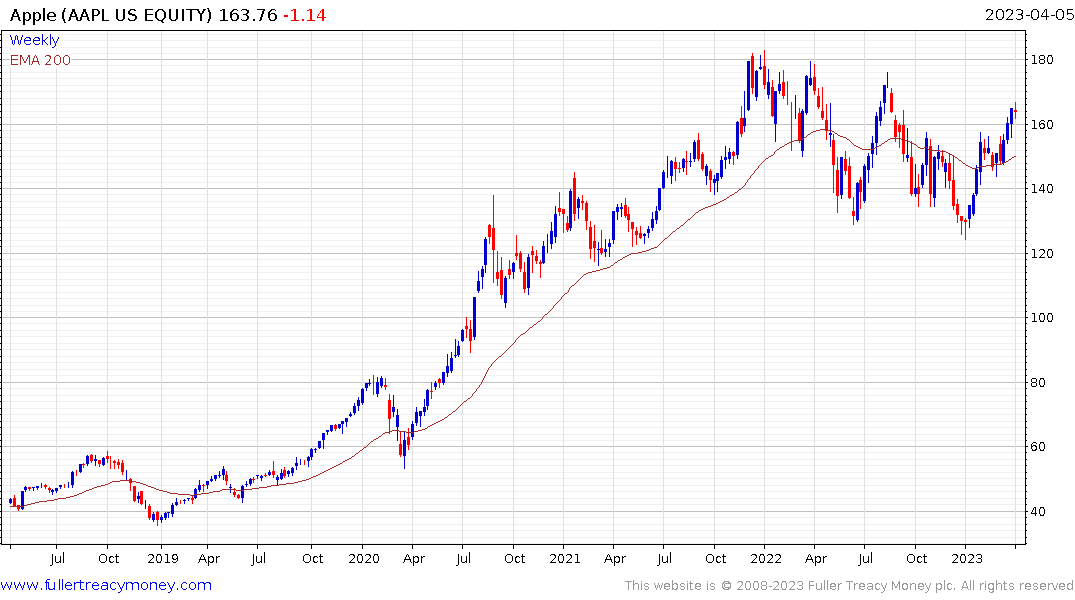Just How Dangerous Are India's Generic Drugs? Very
This article for Bloomberg may be of interest. Here is a section:
It shouldn’t have taken more deaths for Prime Minister Narendra Modi’s administration to act. The red flags have been there for years. What’s lacking is political will, and transparency. The FDA publishes different reviews of new drug applications on its website, along with detailed notes. The European Medical Agency gives similarly expansive information. There is no such openness in India.
As Thakur explained to me, the pharmaceutical industry is India’s manufacturing success story, providing a major source of foreign exchange and soft power. Any criticism is seen through the lens of nationalism, he said, and framed as defaming the industry. So why does contamination with such deadly substances occur so regularly? “The simple answer is that Indian pharmaceutical companies quite often fail to test either the raw materials or the final formulation before shipping it to market,” Thakur said.
India relies on the weak oversight of developing countries that make up the bulk of its exports — that’s how it can continue to push substandard and often deadly medicines there. As a paper on the Gambia poisonings published in March by the CDC noted, “inadequate regulatory structures make the sale of medications from international markets an especially high-risk activity in low-resource settings.” But what about countries with supposedly strong regulatory systems, like the US? This latest scare should prompt further reform of the FDA’s overseas inspections regime.
In the absence of a global framework for pharmaceutical safety, what can be done to make the generic drugs that consumers around the world have come to rely on safer and effective? For a start, the WHO’s prequalification program, which facilitates the purchase of billions of dollars’ worth of medicines through international agencies such as Unicef, must be overhauled. Then there’s the question of holding these companies to account for the harm they cause inside and outside India via legal avenues and victim’s compensation.
Any headline where children are dying is a headwind to public confidence in any company’s products. There is absolutely no doubt tighter safety controls are highly desirable and movement on that front would greatly improve outcomes. However, it is also true that having a friendly domestic regulator, in what is a low margin, high volume business, is also highly desirable from a business perspective. There is also a significant difference between the largest, most successful companies, and smaller less well capitalized businesses.


The primary generic drug manufacturer shares are all still trending higher. Dr.Reddy hit a new recovery high today. Torrent Pharmaceuticals is firming from the region of the trend mean.
While not directly comparable, Apple will be paying attention to how corporate interests are treated in India. The company is building manufacturing capacity as a counterbalance to its almost total reliance on China. Having confidence in a friendly reception is a big part of that.
One of the hallmarks of the Autonomies is they are mobile principalities that can site their operations wherever is most favourable. Apple has been more adept at greasing the wheels of commerce in China than just about any other major company. Tim Cook has been a star diplomat in steering Apple through a politically tense environment. It is an open question how his successor will tackle a decade where US competition with China is likely to escalate. One way or another, the company’s manufacturing efficiency has likely peaked.

None of those considerations overcome the company’s inherent 3-year cyclicality tied to the longevity of lithium ion batteries. The share is currently unwinding its short-term overbought condition.


